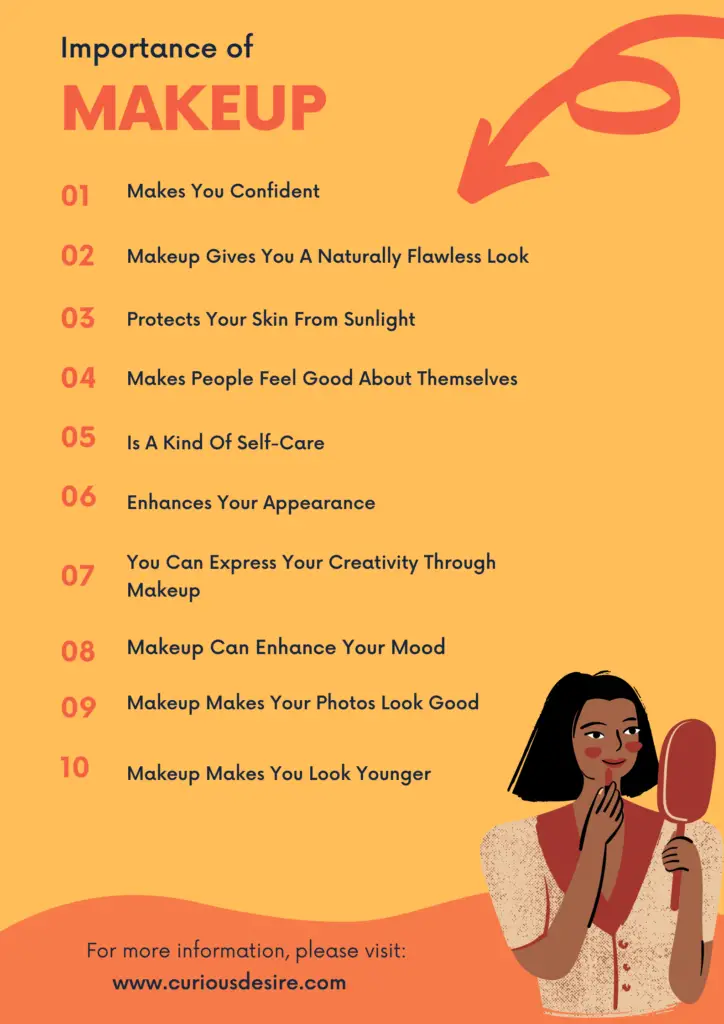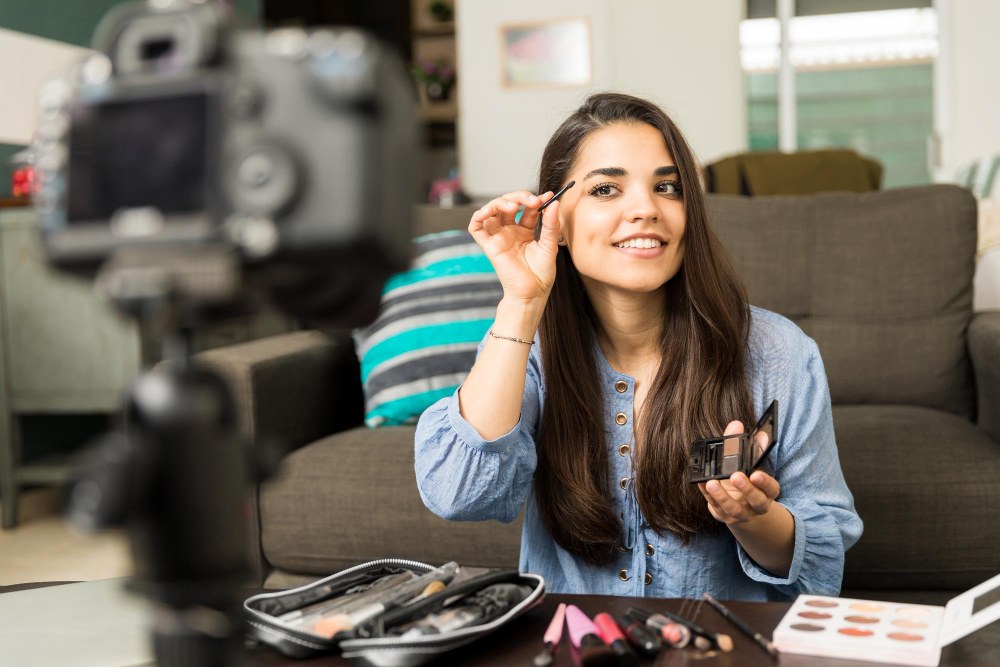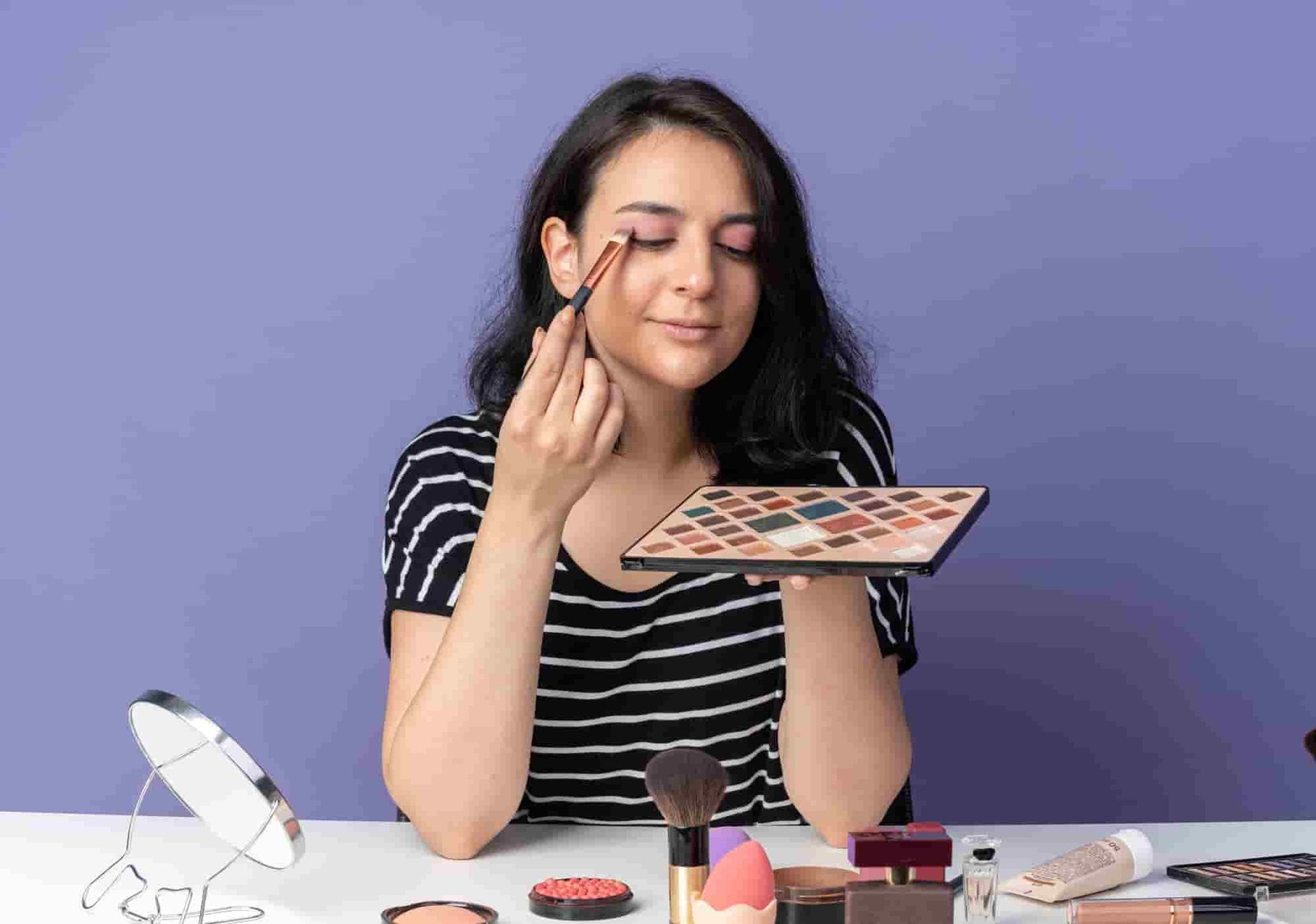Understanding the Importance of Makeup Exams: A Comprehensive Guide
Related Articles: Understanding the Importance of Makeup Exams: A Comprehensive Guide
Introduction
With enthusiasm, let’s navigate through the intriguing topic related to Understanding the Importance of Makeup Exams: A Comprehensive Guide. Let’s weave interesting information and offer fresh perspectives to the readers.
Table of Content
- 1 Related Articles: Understanding the Importance of Makeup Exams: A Comprehensive Guide
- 2 Introduction
- 3 Understanding the Importance of Makeup Exams: A Comprehensive Guide
- 3.1 The Purpose and Significance of Makeup Exams
- 3.2 Navigating the Process of Makeup Exams
- 3.3 Benefits of Makeup Exams
- 3.4 Considerations for Makeup Exams
- 3.5 FAQs Regarding Makeup Exams
- 3.6 Tips for Students Regarding Makeup Exams
- 3.7 Conclusion
- 4 Closure
Understanding the Importance of Makeup Exams: A Comprehensive Guide

The phrase "makeup exams" often evokes a sense of relief for students who have missed an assessment due to unavoidable circumstances. It represents a second chance, an opportunity to demonstrate their knowledge and skills without being penalized for situations beyond their control. This article aims to delve into the multifaceted nature of makeup exams, exploring their significance within the educational landscape and providing valuable insights for students and educators alike.
The Purpose and Significance of Makeup Exams
Makeup exams serve a critical purpose in ensuring fairness and equity within the educational system. They recognize that unforeseen circumstances can arise, preventing students from participating in scheduled assessments. These circumstances can range from illness and family emergencies to transportation issues and unforeseen conflicts.
By offering makeup exams, educational institutions demonstrate a commitment to:
- Student well-being: Acknowledging that students may face situations that impede their academic performance and providing them with the opportunity to rectify the situation.
- Fairness and equity: Ensuring that students are not unfairly disadvantaged due to circumstances beyond their control.
- Academic integrity: Maintaining the integrity of the assessment process by providing a structured environment for students to demonstrate their knowledge and skills.
Navigating the Process of Makeup Exams
The process of requesting and taking a makeup exam varies depending on the institution and the specific course. However, the following general steps are usually involved:
- Documentation: Students typically need to provide valid documentation, such as a doctor’s note or a statement from a relevant authority, to support their absence from the original exam.
- Requesting the makeup exam: Students need to contact the instructor or the relevant department to formally request a makeup exam.
- Scheduling the exam: The instructor or the department will schedule the makeup exam at a convenient time for both the student and the instructor.
- Taking the exam: The makeup exam may be administered under the same conditions as the original exam, or it may be slightly modified to account for any specific circumstances.
Benefits of Makeup Exams
The benefits of makeup exams extend beyond ensuring fairness and equity. They also contribute to:
- Reduced stress and anxiety: Students who miss an exam due to unforeseen circumstances may experience significant stress and anxiety. Makeup exams allow them to alleviate this stress by providing an opportunity to demonstrate their knowledge without the added pressure of missing the original exam.
- Improved academic performance: By offering a second chance, makeup exams encourage students to focus on their studies and improve their academic performance. They can use the time between the original exam and the makeup exam to review the material and prepare effectively.
- Increased student engagement: Knowing that they have an opportunity to make up for a missed exam can motivate students to engage more actively in their studies and take ownership of their learning.
Considerations for Makeup Exams
While makeup exams are generally considered a valuable tool for promoting fairness and equity, there are some considerations that need to be addressed:
- Academic integrity: It is crucial to ensure that makeup exams are administered in a way that maintains academic integrity. This includes verifying the student’s identity and preventing any form of academic dishonesty.
- Fairness to other students: It is important to ensure that makeup exams do not give students an unfair advantage over those who took the original exam. This can be achieved by carefully designing the makeup exam and ensuring that it covers the same material as the original exam.
- Administrative burden: Offering makeup exams can add to the administrative burden of instructors and departments. It is important to have clear policies and procedures in place to streamline the process and minimize the impact on instructors’ time and resources.
FAQs Regarding Makeup Exams
1. What constitutes a valid reason for missing an exam?
Valid reasons for missing an exam typically include:
- Illness: A doctor’s note is usually required.
- Family emergencies: Documentation may be required depending on the nature of the emergency.
- Transportation issues: Documentation may be required depending on the specific circumstances.
- Religious observances: Students should inform the instructor in advance about any religious observances that may conflict with scheduled exams.
2. How do I request a makeup exam?
The process for requesting a makeup exam varies depending on the institution and the specific course. However, students should generally contact the instructor or the relevant department as soon as possible after missing the original exam.
3. What happens if I miss the makeup exam?
Missing the makeup exam without a valid reason will typically result in a failing grade for the exam. It is crucial to communicate with the instructor or the department to explain any unforeseen circumstances that may prevent you from taking the makeup exam.
4. Are makeup exams always the same as the original exam?
Makeup exams may be slightly modified to account for any specific circumstances. However, they should generally cover the same material as the original exam.
5. What if I am unable to take the makeup exam due to ongoing circumstances?
Students who are unable to take the makeup exam due to ongoing circumstances should contact the instructor or the department to discuss alternative arrangements. This may include submitting a written assignment or completing an alternative assessment.
Tips for Students Regarding Makeup Exams
- Communicate with your instructor: Inform your instructor as soon as possible if you are unable to take an exam due to unforeseen circumstances.
- Provide valid documentation: Ensure that you have the necessary documentation to support your absence.
- Plan ahead: If you know that you may be unable to take an exam, plan ahead and discuss alternative arrangements with your instructor.
- Prepare for the makeup exam: Use the time between the original exam and the makeup exam to review the material and prepare effectively.
- Stay calm and focused: Avoid letting the stress of missing the original exam affect your performance on the makeup exam.
Conclusion
Makeup exams play a vital role in promoting fairness, equity, and academic integrity within the educational system. They provide students with a second chance to demonstrate their knowledge and skills, ensuring that they are not unfairly disadvantaged by unforeseen circumstances. By understanding the purpose, process, and benefits of makeup exams, both students and educators can contribute to creating a more equitable and supportive learning environment.








Closure
Thus, we hope this article has provided valuable insights into Understanding the Importance of Makeup Exams: A Comprehensive Guide. We appreciate your attention to our article. See you in our next article!